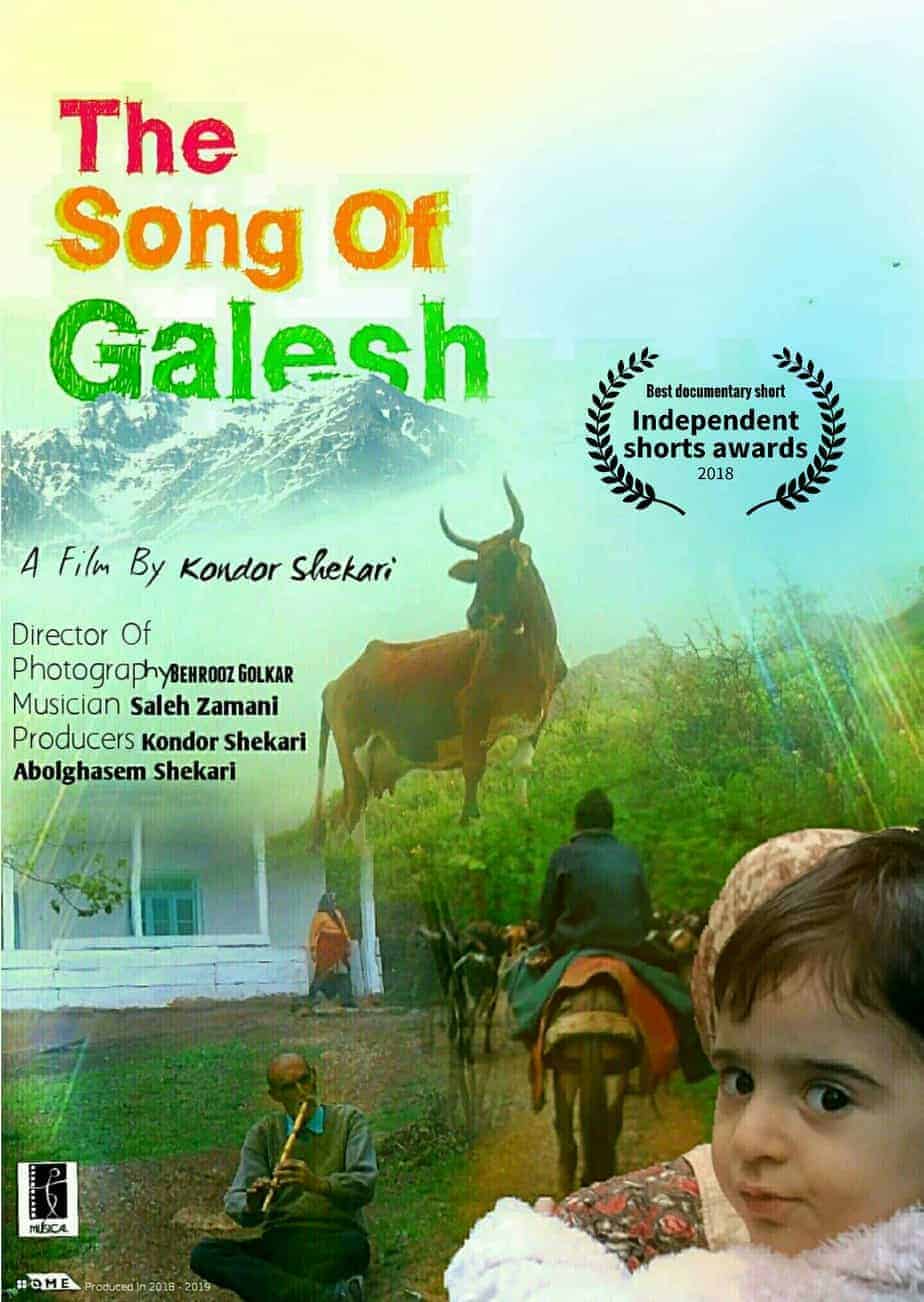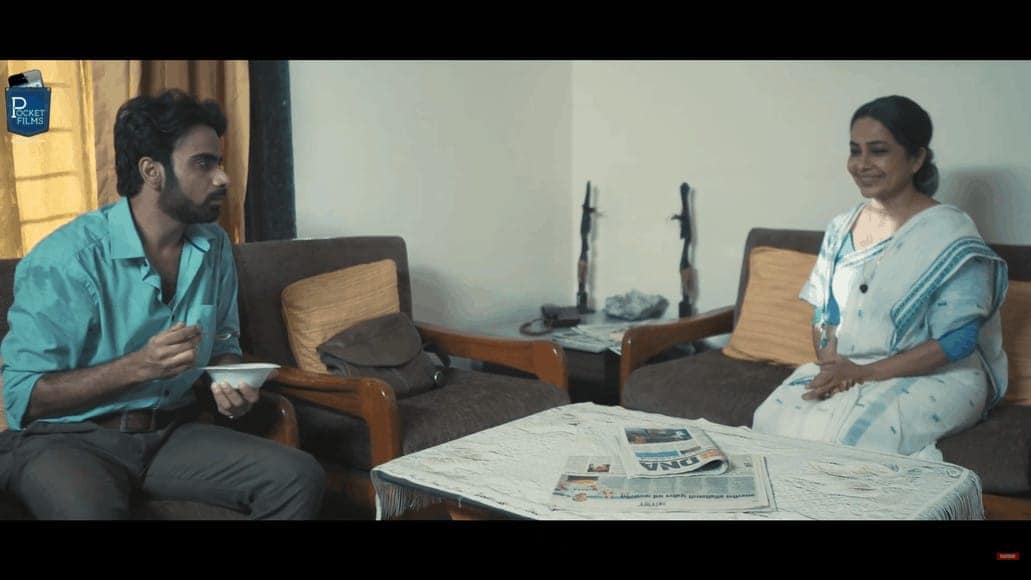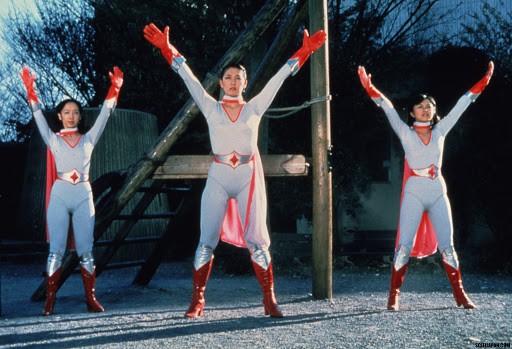One would think that the whispered ethnographic documentaries recalling the likes of Robert Flaherty's “Moana” are of a bygone era. However, Kondor Shekari's “The Song of Galesh” digs its heels in this tradition, and even seems to enjoy the vintage throw-back in its focus on the nomadic Galesh people. Shekari frames his subject with a voyeuristic eye, unabashedly equating their natural swansong with the primitive wilderness of north Iran. Though a documentary by Iranians made of other Iranians, “The Song of Galesh” peers into this alien subgroup with music instead of words. Music, after all, is a universal language – one that we non-nomads can obviously understand.
“The Song of Galesh” sounds great on the onset. In a land where the days seem to melt into each other, “The Song of Galesh” is an on-the-ground documentary where two filmmakers – presumably from the city – venture into the valleys of the cow-herding Galesh people. The filmmakers catch them on their annual migration to utopian pasturelands of Starsara, the pasturelands where the cows bathe in clear lakewater and roam free as they always have. Over the course of this multiday itinerary, the filmmakers ask the locals to recall the sounds they make when they sing over the loom; beat the nightly drum; and even bleat to their sheep. The various tunes weave itself into the people's rhythm of daily life, revealing an aural quilt rich in sound resounding in the silent hillsides.
While the film may seem poetic by premise, Shekari's amateurity taints its authenticity. There is no other way to put it; Shekari's documentary is simply boring. The breathtaking mountainsides are under-serviced by the low-budget filmmaking; grand vistas of the Caucasus are undercut by an unsure camera. The B-roll footage of everyday life is also captured with little purpose and artistry, as well. In this non-argumentative mass of visuals, the film seems less serviced by the camera lens than it would have as a bare audio recording. For all of the captivating scenery that should be on hand, Shekari loses himself in the supposed poesie of the montage.

Furthermore, the audio – the crux of the film – is disappointingly sloppy. Squeaks and blips of the recording tape draw attention to the film's imperfect craft, and the music — warm, heartfelt symphonies — have somehow been flattened in its edited track. The narrator's monotony and Other-ing approach too. Perhaps a harkening to the vintage video-journals of the 90s, Shekari's approach only feels insulting instead of celebratory as he preys upon the Galesh nomads for base display. “The Song of Galesh” sucks the soul out of its subjects for the feeble jab at “filmmaking.” The film thus feels underwhelming as a result: it is simply melodic, though not mesmerizing; charming, but not captivating; educational, but not enlightening.
Overall, the “Song of Galesh” shows a lot of potential. Its subject matter is fascinating; the views, absolutely scenic; the people, incredibly kind. It is a pity that the Galesh people should be dis-serviced by such a blunt, uncultured approach, one that has tangled itself in its own awkward verse rather than actually depicting the beauty before them. “The Song of Galesh,” all in all, is more like the song of Shekari; it sadly only is a display of the director's egoistic desire.















